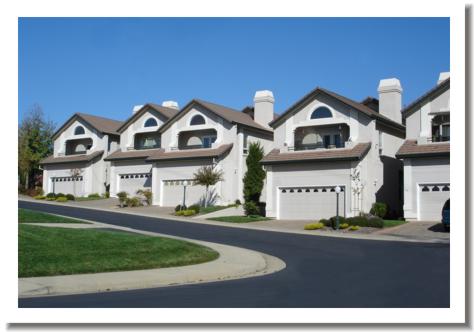In recent years, long-term rentals have emerged as a prominent trend in urban living, reflecting a significant shift in how people choose to inhabit cities. This evolution is driven by a confluence of factors, ranging from economic considerations to lifestyle preferences, all of which underscore the growing appeal of long-term rentals as the future of city living. One of the primary reasons long-term rentals are becoming increasingly popular is the economic flexibility they offer. In contrast to homeownership, which requires a substantial initial investment and ongoing costs for maintenance, long-term rentals present a more financially accessible option for many urban dwellers. This is particularly relevant in cities where property prices are exorbitant and out of reach for a significant portion of the population. Renting allows individuals to allocate their financial resources more efficiently, focusing on other essential aspects of life such as education, travel, and personal development. Moreover, with the rise of remote work and the gig economy, financial stability can be unpredictable, making the flexibility of renting even more attractive.

Another compelling aspect of long-term rentals is the lifestyle flexibility they provide. Modern urbanites often value mobility and the ability to adapt to new opportunities, whether they are career-related or personal. Long-term rentals enable residents to relocate with relative ease, avoiding the complexities and financial burdens associated with selling a property. This mobility is particularly appealing to younger generations, who are increasingly prioritizing experiences over material possessions. The ability to live in different neighborhoods or even different cities without the long-term commitment of ownership aligns perfectly with their dynamic and exploratory lifestyles. The growing demand for long-term rentals is also influenced by changing societal values and preferences. There is a notable shift towards minimalism and sustainability, with people seeking to reduce their carbon footprint and live more sustainably. Renting aligns with these values by promoting a more communal and efficient use of space and resources. In addition, many long-term rental properties are now designed with modern amenities and sustainable practices in mind, appealing to environmentally conscious residents.
These properties often include features such as energy-efficient appliances, communal workspaces, and green spaces, which enhance the quality of urban living while reducing environmental impact. Furthermore, 香港长租服务式公寓 cater to the evolving demographic landscape of cities. As urban populations become more diverse and inclusive, the demand for varied housing options increases. Long-term rentals can accommodate different household types, from single professionals and young couples to families and retirees. This diversity fosters vibrant and dynamic communities, contributing to the cultural and social fabric of urban life. The sense of community that can develop in rental buildings, facilitated by shared spaces and organized social activities, can significantly enhance the urban living experience. As cities continue to evolve and adapt to new realities, the appeal of long-term rentals is likely to grow, offering a sustainable and practical solution for those seeking to thrive in urban environments. By providing a balance of stability and flexibility, long-term rentals represent a forward-thinking approach to urban habitation, meeting the needs and aspirations of contemporary city dwellers.
